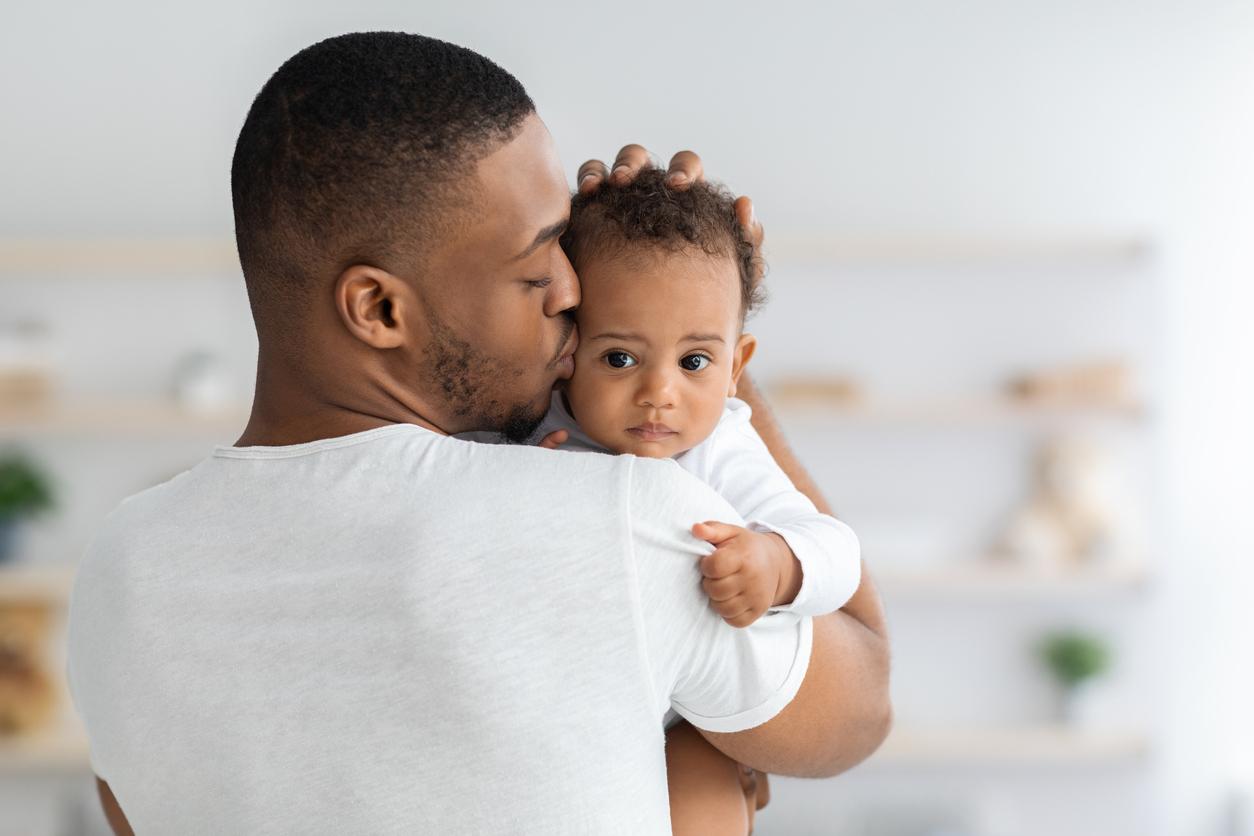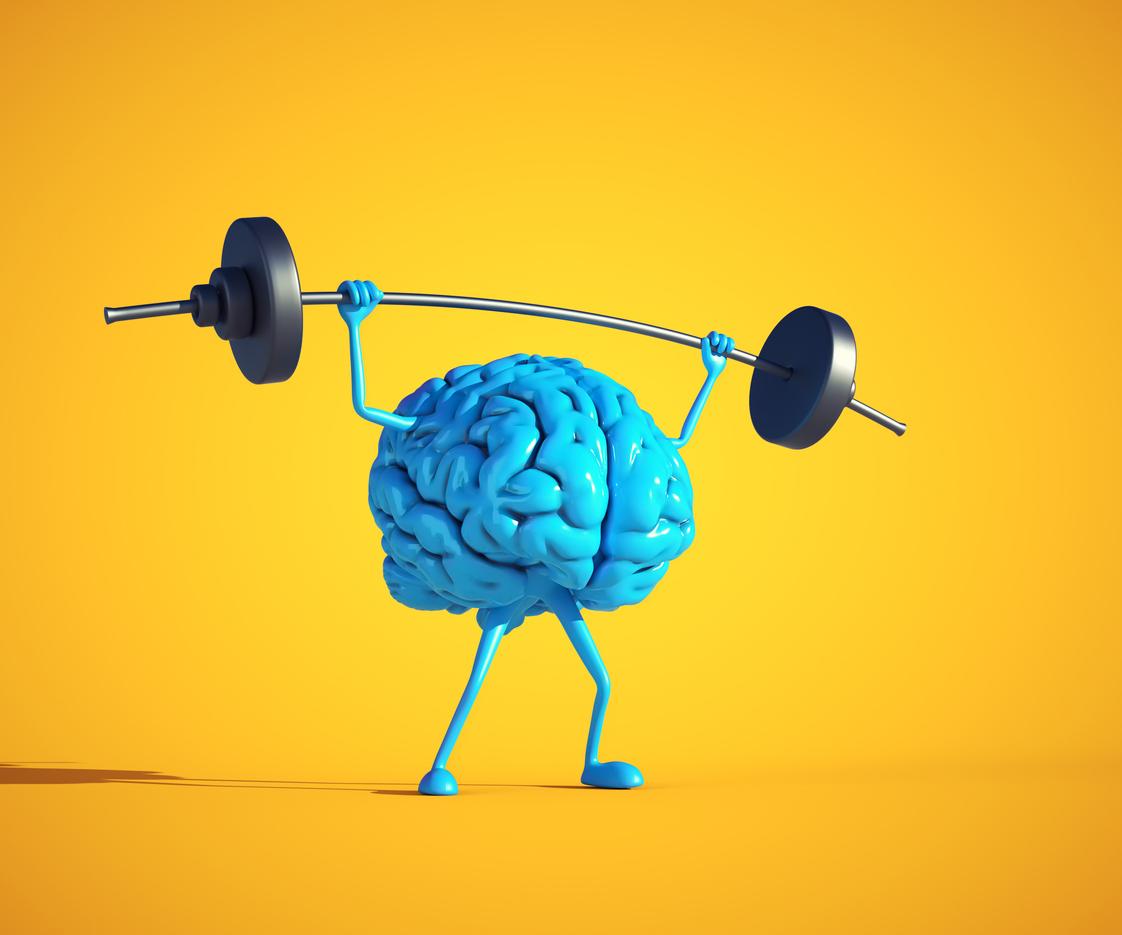Men’s brains change when their first child is born.

- Women’s brains are on average smaller than men’s.
- This difference does not impact the cognitive performance of the two sexes.
As more and more men get involved in their fatherhood, a new study relayed in The Conversation demonstrates that their brain changes with the arrival of the baby.
It was already known that women’s brain structure changed during and after pregnancy to help them care for their child, but nothing had yet been published about men.
Changes in the brain between the prenatal and postnatal period
To overcome this lack of knowledge, researchers from the University of Southern California in Los Angeles and the Instituto de Investigación Sanitaria Gregorio Marañón in Madrid formed a cohort of 40 men (20 living in Spain and 20 in California). They then made them pass two MRIs: a first during their wife’s pregnancy, and a second at six months of the child. “We also included a control group of 17 childless men,” say the scientists.
After analyzing all the data, “We observed several significant changes in the brains of the fathers, from the prenatal period to the postnatal period, which did not appear in the childless men whom we followed during the same period”, describe the researchers. In both Spain and California, fathers’ brain changes appeared in regions of the cortex that contribute to visual processing, attention, and empathy for the baby.
“More subtle brain changes” for fathers than mothers
However, “We found more subtle brain changes in these fathers compared to those seen in primiparous mothers. They were almost half as large,” says the team.
Last lesson: Spanish fathers, who generally benefit from longer paternity leave than Americans, had more pronounced changes in their brains. Therefore, the stronger the paternal involvement with the baby, the more the meninges are impacted.“Future studies measuring postpartum caregiving in more detail may reveal more about parental brain plasticity in both men and women,” conclude the researchers.














